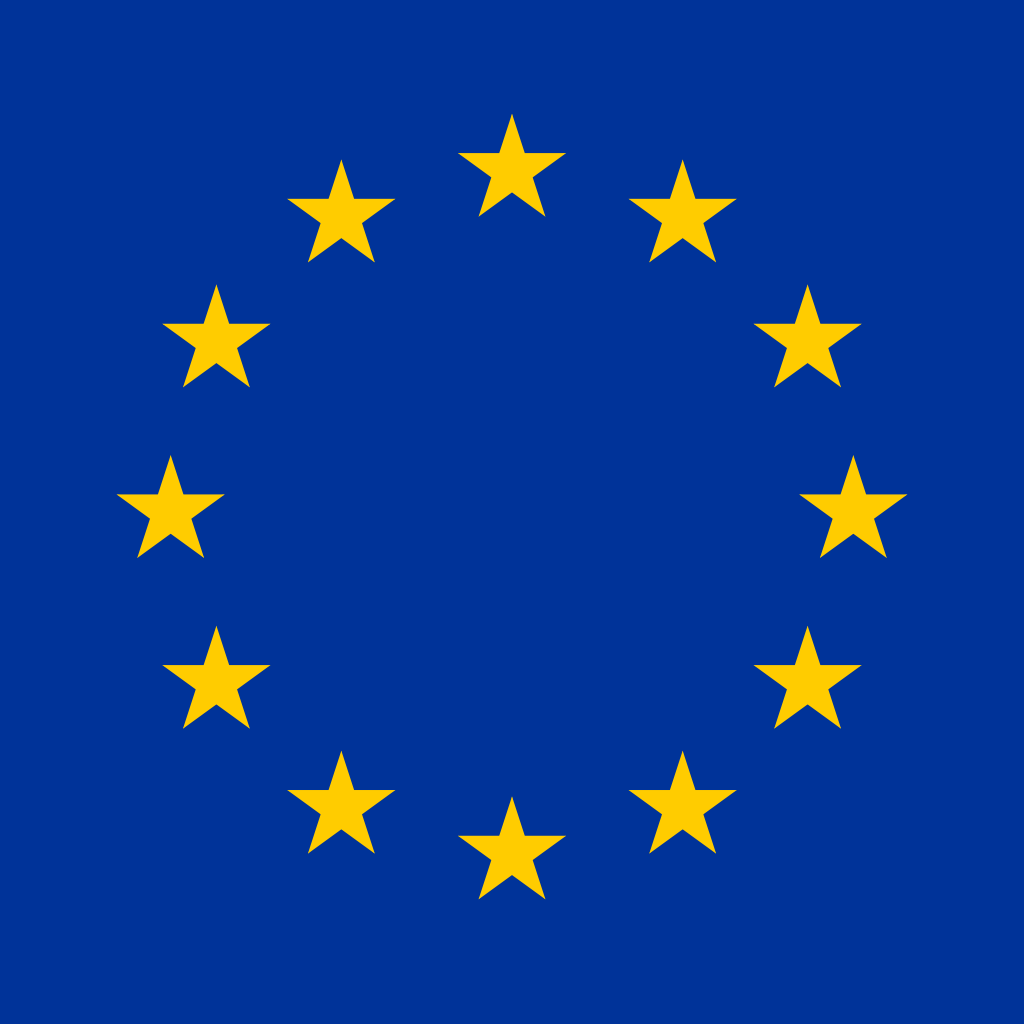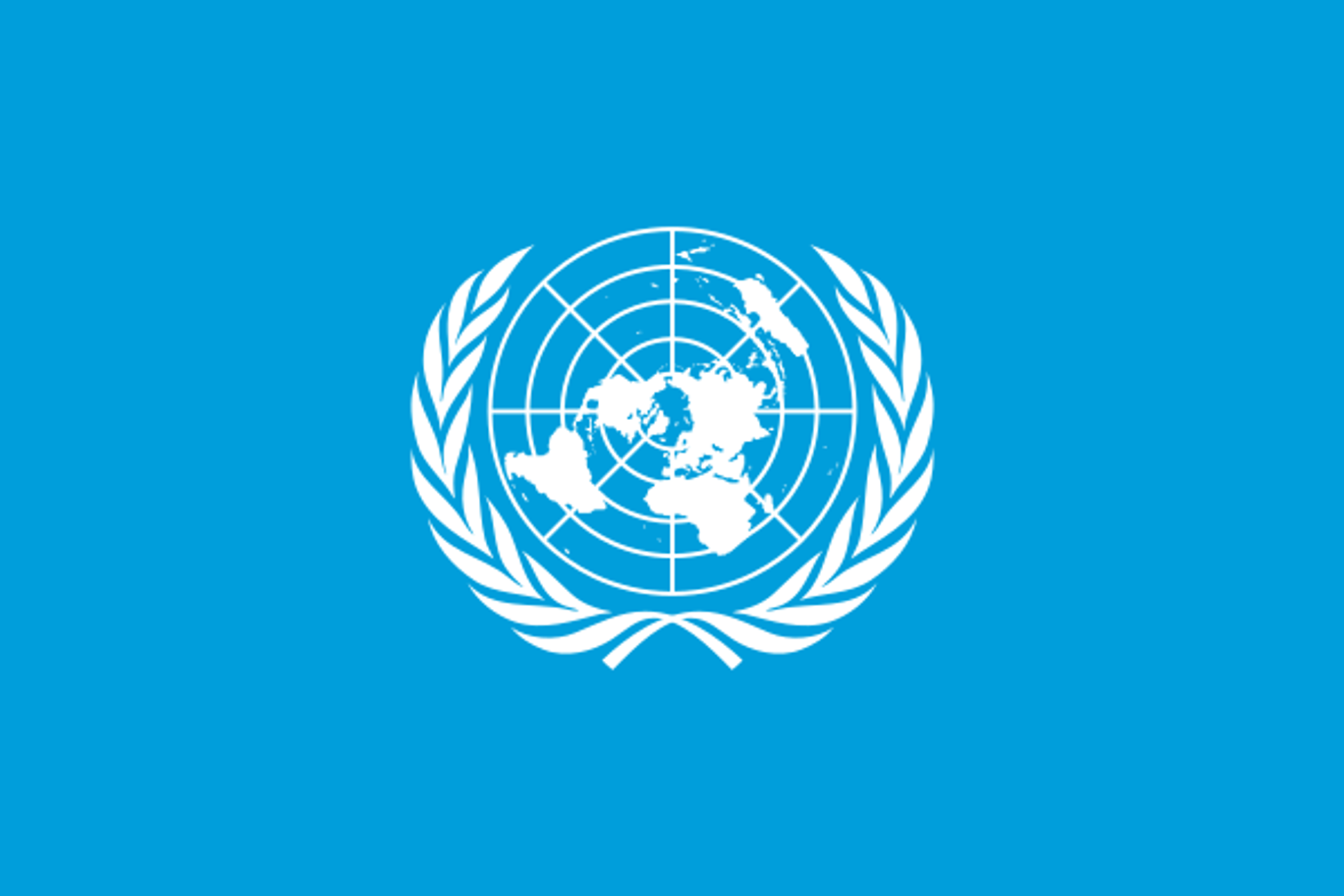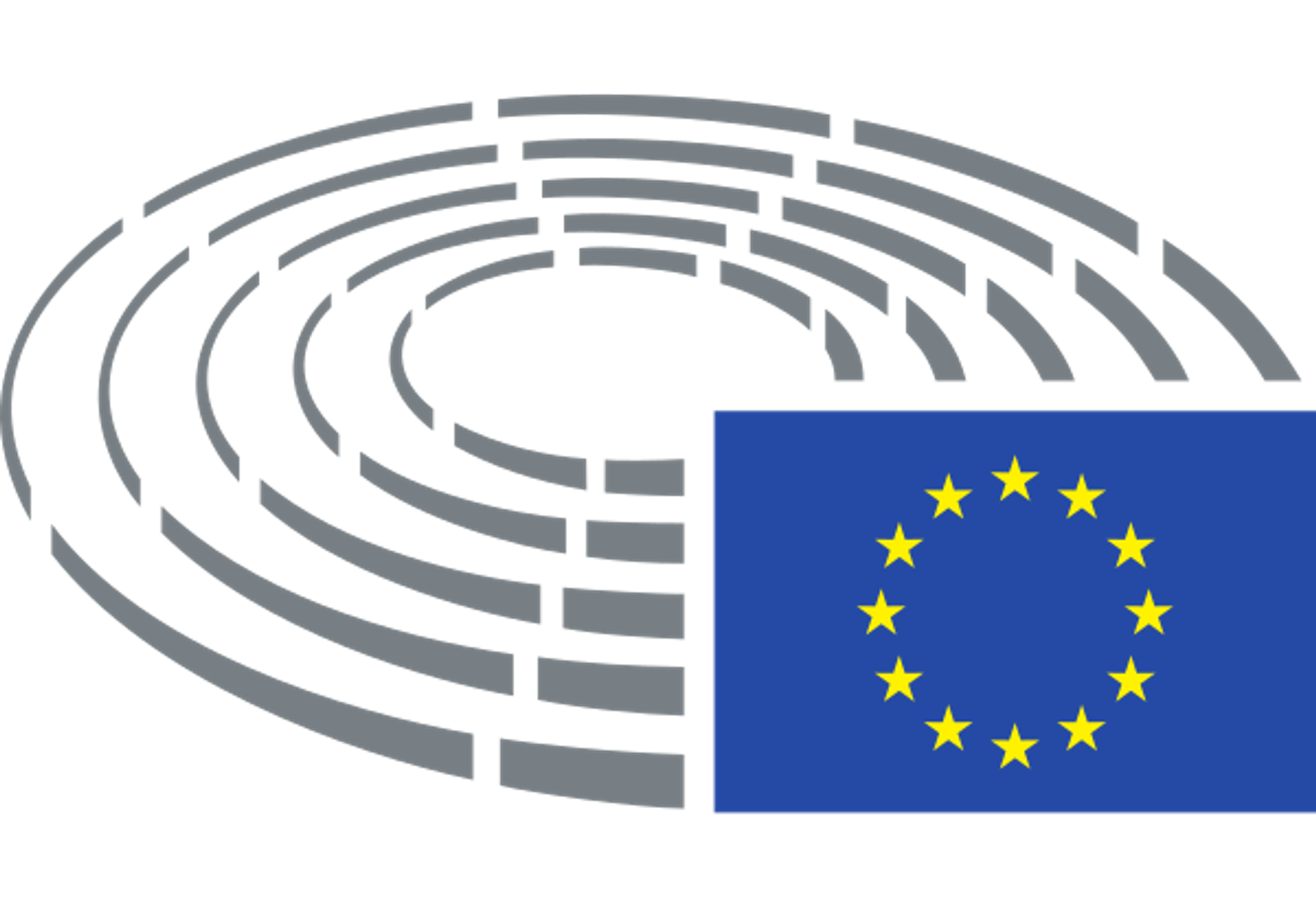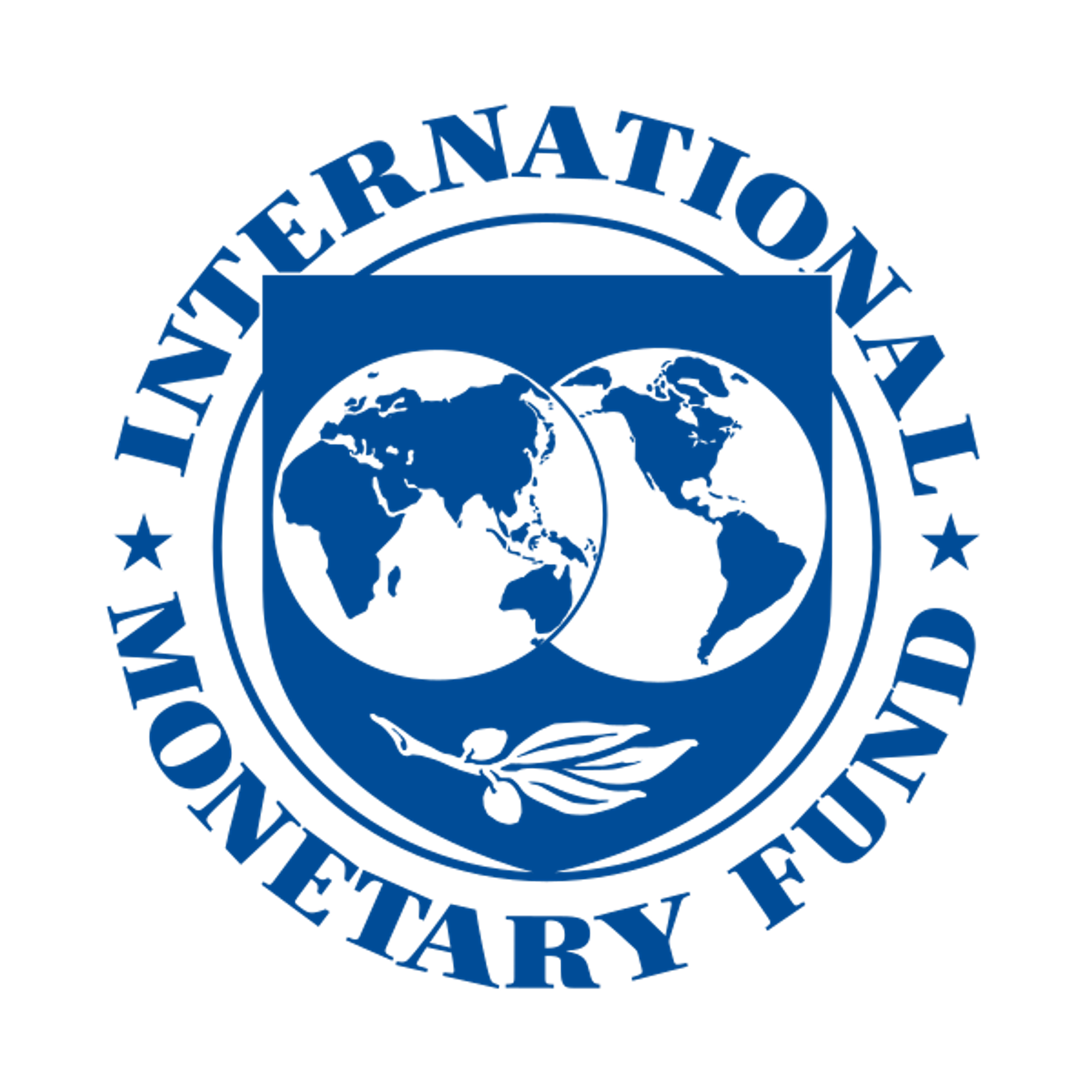UNICEF
What do people say about UNICEF?
In Sweden, UNICEF is perceived as a well-intentioned organization but is increasingly criticized for its bureaucratic inefficiencies and lack of transparency. Many Swedes question the impact of UNICEF's efforts, especially in light of the substantial donations it receives. Critics argue that the organization often focuses more on maintaining its presence and funding rather than delivering tangible results to the children it aims to help. This skepticism is compounded by occasional media reports that highlight failures or mismanagement within the agency, leading to a more cautious view among the public.
Where are the conversations happening?
Critical discussions about UNICEF's effectiveness are prevalent in Swedish media and online platforms. Sources like newspapers and social media often highlight specific cases of mismanagement or failed initiatives, amplifying public skepticism. Platforms like Twitter and local news outlets provide a space for debate, where both supporters and detractors express their views, contributing to a more nuanced understanding of UNICEF's role and challenges in the humanitarian landscape.
What are the topics trending around UNICEF?
Discussions around global humanitarian aid effectiveness, transparency in international organizations, and the role of NGOs in crisis situations are trending, particularly in the context of increased scrutiny on how aid is delivered and its actual impact.
Why are these topics trending?
These trends are fueled by ongoing global crises that require humanitarian response, leading to a heightened focus on the efficacy and accountability of organizations like UNICEF in their operations.
How is UNICEF being talked about?
Detailed breakdown of public sentiment and conversations about this entity.
Impact vs Sentiment
See how each entity's high impact percentage relates to their positive sentiment percentage from actual mentions.




